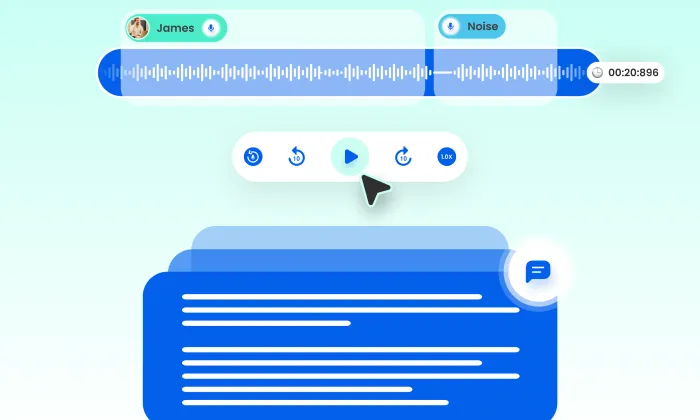Can doctor–patient datasets include real patient details?
Data Privacy
Healthcare
Data Security
Doctor-patient datasets cannot include real patient details due to stringent legal and ethical regulations that protect patient privacy. In the realm of healthcare AI, these datasets are crucial for training systems in applications like speech recognition and clinical decision support. However, including real patient information would violate privacy laws and undermine trust in the healthcare system.
Understanding Doctor-Patient Datasets in Healthcare AI
Doctor-patient datasets are collections of conversations that simulate clinical interactions. These datasets are essential for developing AI systems capable of understanding and responding to medical dialogues. They enable the training of models for speech recognition and conversational AI, enhancing healthcare delivery. However, real patient data cannot be part of these datasets due to privacy concerns.
The Importance of Patient Privacy
Patient privacy is protected by laws such as the Health Insurance Portability and Accountability Act (HIPAA) in the United States and the General Data Protection Regulation (GDPR) in Europe. These regulations make it illegal to share identifiable patient information without consent. Violating these laws can result in severe penalties and erode the trust that patients place in healthcare providers.
Ethical Considerations in Data Collection
Ethical considerations significantly impact the use of real patient data. Trust is a cornerstone of the healthcare industry, and maintaining confidentiality is critical. To uphold these ethical standards, organizations often use simulated data, which allows for realistic yet fictitious scenarios that do not compromise patient privacy. This approach ensures that AI models are trained effectively without risking legal repercussions.
How Simulated Data Works in AI
Simulated doctor-patient conversations are crafted to reflect authentic clinical interactions. Licensed healthcare professionals oversee the creation of these dialogues, ensuring medical accuracy. These conversations cover a variety of medical topics, such as diagnoses and treatment plans, mimicking the natural flow of real clinical communication. This method provides valuable insights for AI training without using real patient information.
Challenges of Simulated Data and Maintaining Realism
Creating realistic simulated datasets comes with challenges, such as capturing emotional depth and cultural nuances. These elements are crucial for training AI models to perform well in diverse healthcare environments. Experienced teams must balance the authenticity of interactions with the constraints of simulation. This includes avoiding overly scripted dialogues that lack the spontaneity and variability of genuine conversations.
Common Pitfalls in Doctor-Patient Dataset Creation
One common pitfall is over-reliance on scripted dialogues, which can lead to a lack of spontaneity. Additionally, failing to include diverse linguistic and cultural elements can limit the dataset's applicability across different populations. A comprehensive approach is necessary to ensure datasets are realistic and applicable to various clinical scenarios.
Conclusion
In conclusion, doctor-patient datasets cannot include real patient details due to strict legal and ethical regulations. Simulated conversations provide a viable alternative, maintaining the integrity of clinical interactions while adhering to privacy laws. By focusing on creating realistic, diverse, and ethically compliant datasets, organizations can develop robust AI models that enhance healthcare delivery without compromising patient trust.
Smart FAQs
Q. What are the benefits of using simulated datasets in healthcare?
A. Simulated datasets allow for AI model training without risking patient privacy, reflecting diverse clinical scenarios, and ensuring models are well-prepared to handle real-world interactions while complying with ethical standards.
Q. How can organizations ensure the realism of simulated doctor-patient conversations?
A. Involving licensed healthcare professionals in dialogue creation, incorporating various medical specialties, and including diverse linguistic and cultural elements enhance realism, reflecting the real-world dynamics of patient interactions.
What Else Do People Ask?
Related AI Articles
Browse Matching Datasets
Acquiring high-quality AI datasets has never been easier!!!
Get in touch with our AI data expert now!








